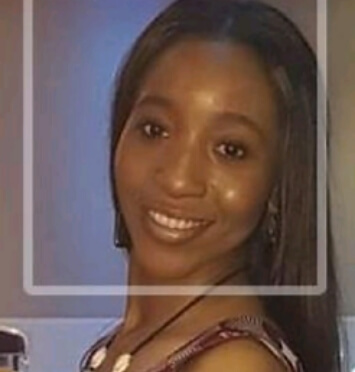Supported Accomodation
When placing a young person within one of our residences, we will concentrate on the following basic tasks in order to aid, build and maintain their independent living skills.
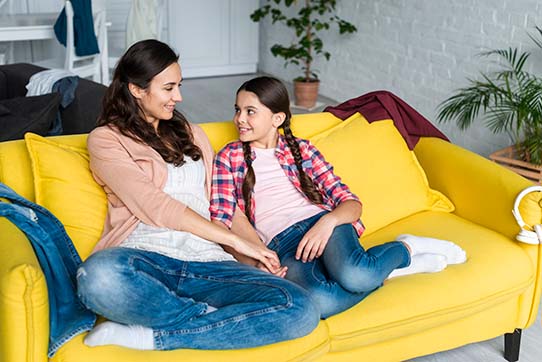
Childern in Care (CIC)
Children in Care (CIC) are children and young people who are under the age of 18 and have been placed under the care of their local authority. This could be due to a variety of reasons, including neglect or abuse from their birth families, or if their parents are unable to provide proper care and support for them. Children in care may live in foster care, residential homes, or with friends or family members who have been approved as kinship carers by the local authority. The government has a legal responsibility to provide suitable accommodation, care, and support for looked after children.
LGBTQ+ young people (lesbian, gay, bisexual, transgender or those who are questioning their sexuality or gender identity) can get support from Oyster Supported.
What they do
The service provides youth groups where LGBTQ+ young people can socialise and join in activities with others.
Young people with challenging behaviours
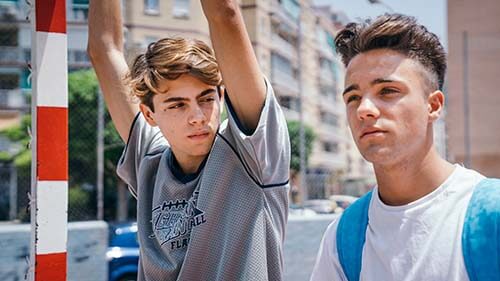
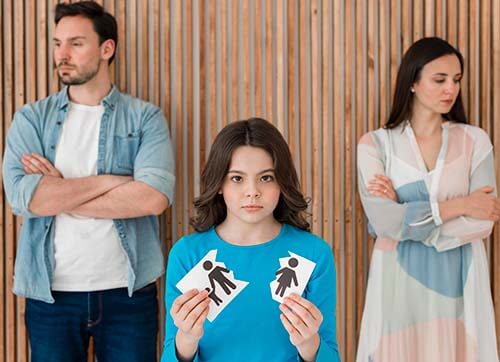
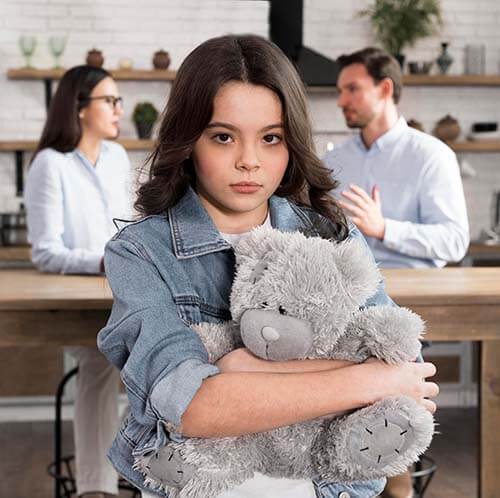
Children and young people vulnerable to Child Sexual Explotation.
- Sexual abuse or exploitation in the past
- Family problems, such as domestic violence or parental substance misuse
- Mental health or emotional difficulties
- Learning difficulties or disabilities
- Homelessness or insecure housing
- Involvement in gangs or criminal activity
- Social isolation or low self-esteem
Children and young people with offending behaviour
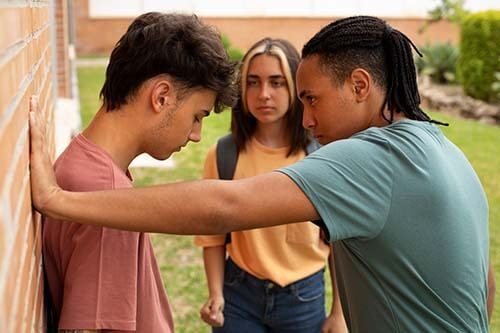
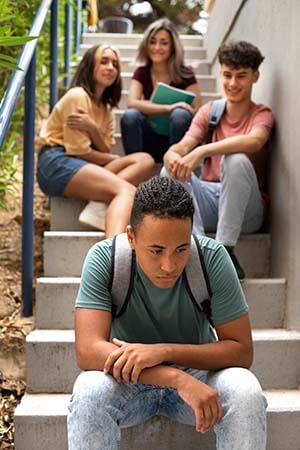
Unaccompanied minors
The Outreach Service
The Outreach support service is for all parents/carers including expectant young parents, mothers/fathers who have had children in care or a child with mental health, SEN or any disability. The service was established in 2024 and tailors support to the needs of the community with a team of family, parent and children coaches and mentors We offer one to one/group tailored session to all families and children.
Some parents may have had adverse childhood experiences themselves in early childhood, spent some time in care with little experience of good parenting themselves, unaware of how to deal with a child who has special educational needs or a disability or recently arrived in the UK and use their own cultural practices This could mean that they don’t have positive role models on which to base their own parenting. This can make them unsure of what decisions to make or where to go for support: which we can provide.
We are proud of the way we work with families and children. Everyone is different and learns differently. We create a safe space and non-judgemental support. We follow a programme or be a mix of socialising, informal learning, user-led learning based on our assessments and planning. Support can last from 4 weeks up to a year. We work in family’s home, cafes, children’s centres, community and outdoor recreational activities wherever young people feel comfortable pending on their level of needs.
Our specialism is that we understand the culture and language barriers of the communities we work with, in accessing services.
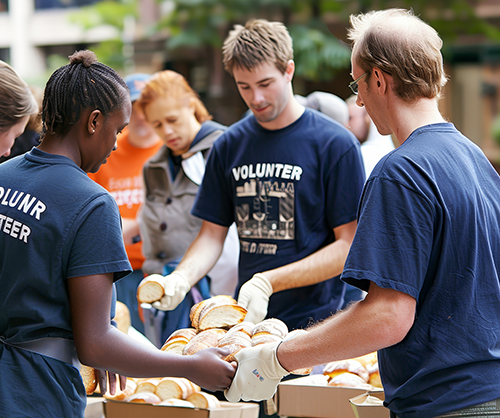
Child Focused Practice

